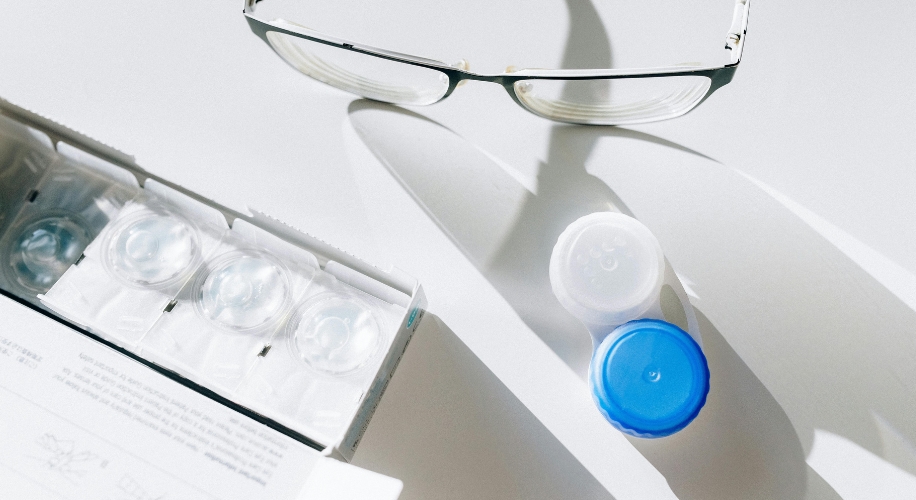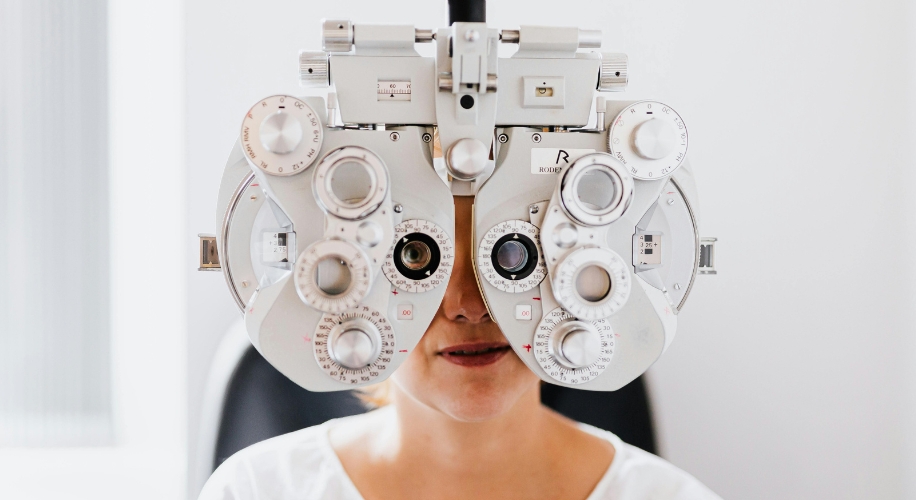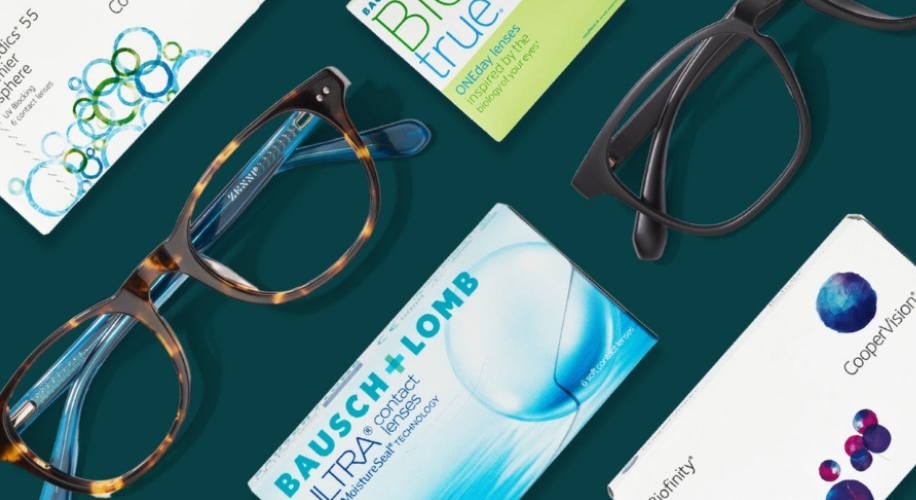How Much Do Contact Lenses Cost? What You Can Expect To Pay
When considering contact lenses as an alternative to glasses, one of the first questions that often arises is, “How much will this cost?” The answer isn’t straightforward, as the price of contact lenses can vary based on several factors, including the type of lenses, your prescription, and where you purchase them. In this blog, we’ll break down the various costs associated with contact lenses to help you understand what you can expect to pay.
Photo by Nataliya Vaitkevich
Types of Contact Lenses and Their Costs
Daily Disposable Lenses
Daily disposable lenses are designed for one-time use and are thrown away at the end of each day. These lenses are convenient and require no cleaning, which many find appealing. On average, daily disposables cost between $20 to $40 per box of 30 lenses. Buying in bulk can be more economical, ranging from $60-$120 for a box of 90 lenses.
Bi-Weekly Disposable Lenses
Bi-weekly lenses are meant to be reworn for up to 14 days before replacing. Bi-weekly lenses typically cost between $25 to $50 per box of 6 lenses.
Monthly Disposable Lenses
Monthly disposable lenses are designed to be reworn for up to 30 days before needing replacement. They generally cost between $40 to $120 per box of 6 lenses.
Factors Affecting the Cost of Contact Lenses
Prescription Strength and Type
The strength of your prescription can impact the cost of your contact lenses. Higher prescriptions, especially those requiring specialty lenses for conditions like astigmatism or presbyopia, can be more expensive. Specialty lenses, such as toric lenses for astigmatism or multifocal lenses for presbyopia, typically cost more than standard lenses.
Brand and Quality
Different brands offer various levels of comfort, breathability, and durability. Premium brands with advanced materials can be priced higher than standard brands. It’s essential to balance quality and cost to find a lens that fits your needs and budget.
Where You Buy
Where you purchase your contact lenses can significantly affect the price. Buying from an online retailer can sometimes provide savings compared to purchasing through an optometrist’s office or a retail store. However, it’s crucial to ensure you’re buying from a reputable source to avoid counterfeit products.
Insurance and Rebates
Some vision insurance plans offer coverage or discounts on contact lenses. If you have vision insurance, check with your provider to see what benefits are available. Additionally, manufacturers sometimes offer rebates or discounts on bulk purchases, which can reduce the overall cost.
Photo by Karolina Kaboompics
Additional Costs to Consider
Eye Exams
Before you can purchase contact lenses, you’ll need a comprehensive eye exam and a contact lens fitting. The cost of an eye exam typically ranges from $50 to $100, depending on your location and the services provided. Contact lens fittings, which ensure the lenses fit properly and comfortably, can add another $50 to $100 to your total costs.
Cleaning and Maintenance Supplies
For lenses that are not daily disposables, you’ll need cleaning solutions and cases to maintain eye health and lens longevity. Monthly and bi-weekly lenses require regular cleaning and disinfecting, which can cost an additional $5 to $15 per month.
In summary, the cost of contact lenses can vary widely based on the type of lens, prescription requirements, brand, and where you purchase them. Daily disposables tend to be the most straightforward but can add up over time. Monthly and bi-weekly lenses offer a more economical choice but come with additional costs for maintenance. By understanding these factors and considering your individual needs, you can better manage your budget and make an informed decision about your contact lens options.




